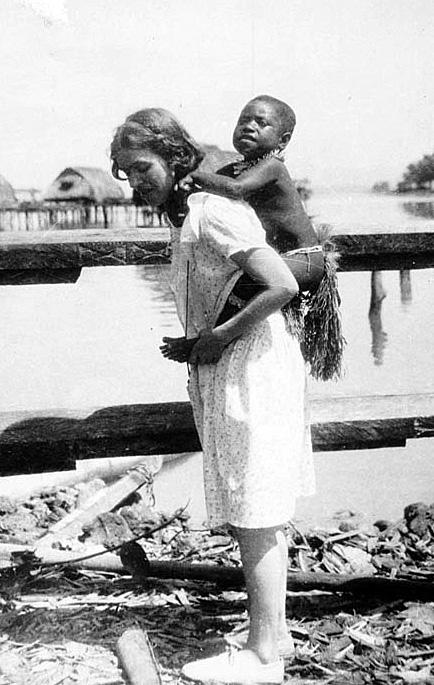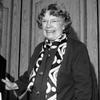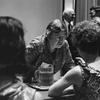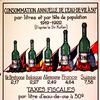Margaret Mead was the most famous anthropologist of her time; her views often shaped popular movements such as the sexual revolution of the 1960s.
Margaret Mead (December 16, 1901—November 15, 1978) was born in Philadelphia and earned her doctorate from Columbia University. Her best-selling books Coming of Age in Samoa (1928) and Growing Up in New Guinea (1930) explored human development within different cultures and tried to apply lessons from other cultures to Western society. Her views were often influential on the general public, and affter research in Manus she became further convinced that societies could adapt, culminating in her expression “Never doubt that a small group of thoughtful, committed citizens can change the world.”
Margaret Mead appears in the following:
Social Implication of Drug Abuse, Morning Session
Wednesday, September 30, 1970
A WNYC announcer introduces this mini-series on drugs and society, bringing some of the "answers to the myths and half-truths that surround the entire drug phenomenon." The recordings were edited from a day-long symposium titled Social Implication of Drug Abuse, hosted by Henry S. [Entilly], Vice President of Spectrum Laboratories. ...
The First Earth Day in New York City
Wednesday, April 22, 1970
Margaret Mead on the Family
Wednesday, March 09, 1966
Culture And Communication
Friday, April 30, 1954

Must Men Fight?
Monday, September 23, 1946
Dr. Malcolm Sharp of the University of Chicago School of Law moderates a discussion of whether human beings are inherently violent and what might be done to curb violence and prevent the annihilation of the human race. Dr. Margaret Mead, cultural anthropologist and psychologist of the American Museum of Natural ...




